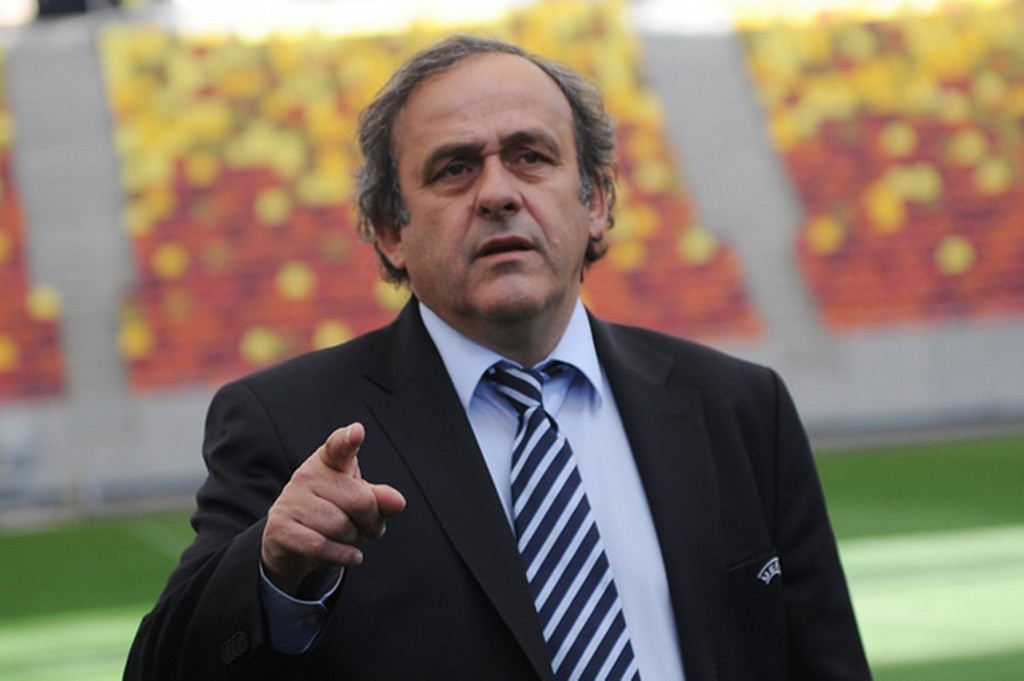The UEFA Nations League does seem from the outset to be a good idea, which are becoming few and far between when it comes to the European body recently. For supporters, it will provide them with considerably more chances to see their national team play a competitive match, rather than frequently unentertaining friendlies. For clubs, they won’t feel so aggrieved at having to lose their players for pointless fixtures – not that this new format will entirely silence them. For UEFA, the usual goal is more money and they’ve certainly achieved that. But what does the Nations League do for developing national teams?
The question has to be considered from the two groups that exist within UEFA: those who are either always qualifying, make the play-offs or only just miss out, and those who either finish last or only above a fellow Pot 5 or 6 member. For the first group of teams, the Nations League will provide a huge benefit in that it will mean you become more familiar with the countries you’ll face at the European Championships, and so England players wouldn’t be caught off guard if they faced Germany or Spain at a Finals (before Euro 2020 they could possibly have played both those countries twice, in traditional qualifying and the new format). For teams who just miss out on the qualification places there is another chance to compete at the Euros due to the places that are up for grabs for the victors of the Nations League.
For the national teams of Luxembourg, Lichtenstein and Latvia, the new competition format has many advantages. While UEFA will be very grateful to line its pockets with some extra television revenue cash, they are also obliged to share this income among all its members, and for the smaller countries this has considerable impact. Furthermore, the opportunity to play teams of a similar ranking will offer precious development matches and ease the psychological burden of frequent defeats in traditional qualifying (the previous San Marino coach, Giampaolo Mazza, stated that this was the greatest challenge he faced when getting his squads ready).
Group 4 will be made up of pots of three and four teams across the four different divisions, meaning that it will feature the bottom fourteen ranked countries in UEFA, which in ascending order are San Marino, Andorra, Faroe Islands, Lichtenstein, Malta, Kazakhstan, Cyprus, Luxembourg, Latvia, Moldova, Lithuania, Georgia, Estonia and Azerbaijan. Before the sceptics who would happily cut loose these members and have them fight to death in a pre-qualifying tournament scoff, between the bottom nine ranked teams in Europe there has been 55 victories and 28 draws (even San Marino have a win!) to countries which greatly cherish those moments. Isn’t it a good idea to provide more of those moments?
However, there are two more concerns to address. Firstly, many of the lowest ranked nations are worried that this is just the first step towards a tiered qualifying system for the World Cup and European Championships. Gib Football Podcast host Julian Fortuna, currently playing in the Gibraltar Premier Division, expressed concern that UEFA have “managed to segregate teams by ranking which is something the bigger nations have been asking for”. Teams like Gibraltar are now at the mercy of UEFA and can only hope that Michel Platini keeps to his word about not introducing a pre-qualifying tournament.
The second issue that many people have is that if you allow the Group 4 countries to have a chance at the play-offs and reach a major competition, then don’t you devalue that tournament? The first response to that if that if you’re worried about the Euros being devalued after this recent announcement then you’ve arrived at the issue a little too late. Now that the number of participating countries has risen to 24 for the European Championships the group stage will only act as another qualifying round, as it is being toured all over the continent in 2020 as UEFA’s accompanying circus.
The second response would be that if you’re worried about the possibility of San Marino topping their group, and then winning their division before arriving at the Euros in 2020, not only are you extremely optimistic but you’re surely dead inside. Who wouldn’t want to see that incredible journey?! Denmark in 1992 and Greece in 2004 would pale in comparison.

